Cats have been enigmatic companions to humans for thousands of years. Their elusive nature has fostered a plethora of superstitions across various cultures, blending myth, magic, and reality. These beliefs, while diverse, all point to humanity’s fascination with our feline friends.
The Historic Enigma of Black Cats
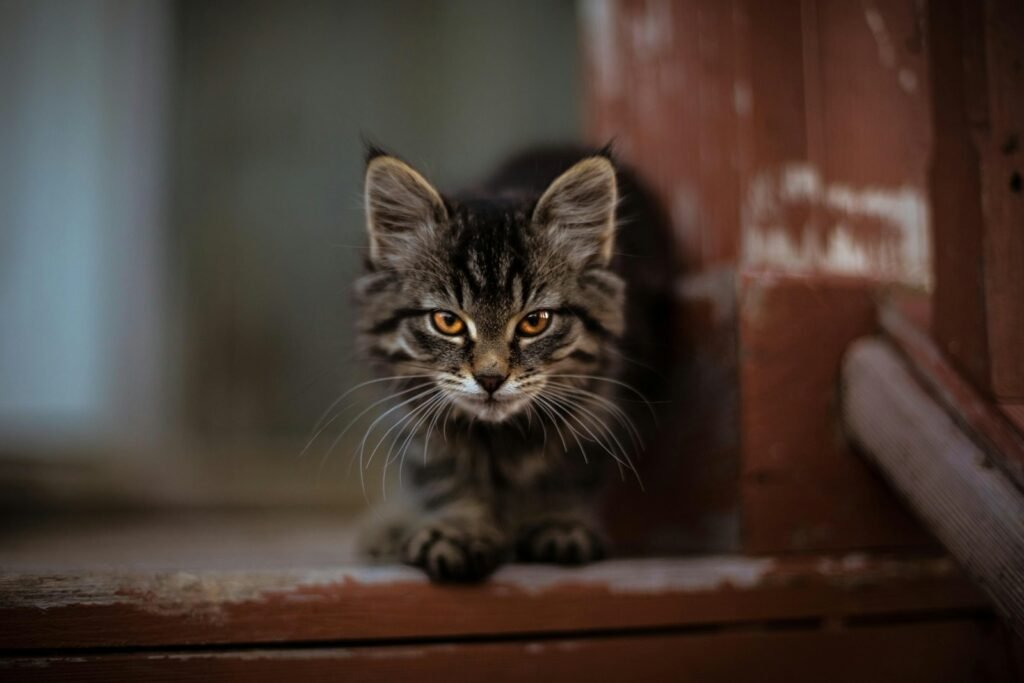
Perhaps the most universal superstition about cats revolves around black cats. Traditionally, in many Western cultures, they are seen as harbingers of bad luck. Crossing paths with a black cat is considered an omen of misfortune, a belief with roots in the Middle Ages when black cats were associated with witches.
Good Luck Charms in Japan
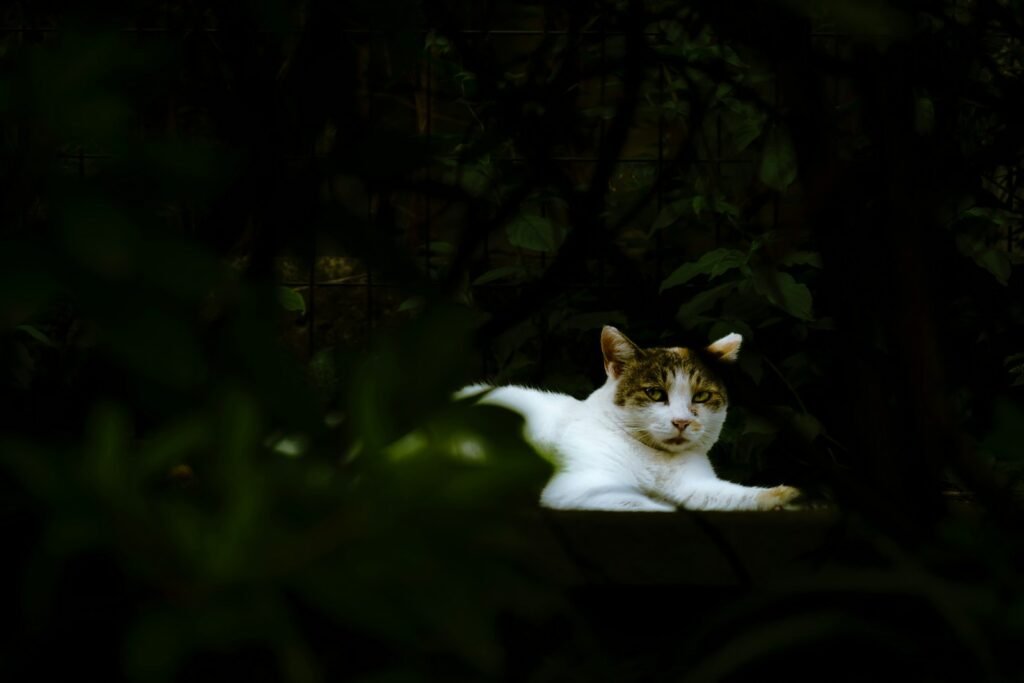
Contrary to Western beliefs, in Japan, cats are symbols of good fortune. The “Maneki-neko” or beckoning cat is a common talisman that is believed to bring good luck to its owner. Often seen in homes and businesses, the upright paw is said to attract wealth and prosperity.
Cats and the Supernatural in Ancient Egypt
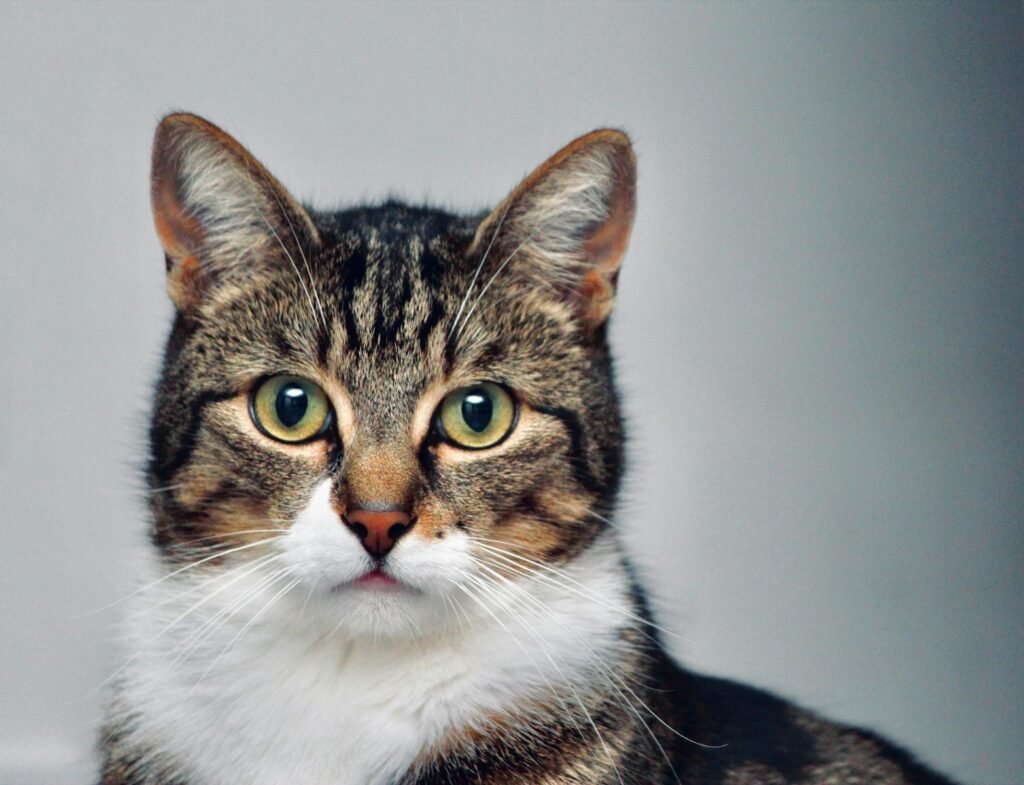
In ancient Egypt, cats were revered and often associated with the goddess Bastet, protector of home and family. Killing a cat, even accidentally, was considered a severe crime, punishable by death, showcasing just how deeply ingrained these felines were in Egyptian spirituality and law.
Russian Blue: A Symbol of Happiness
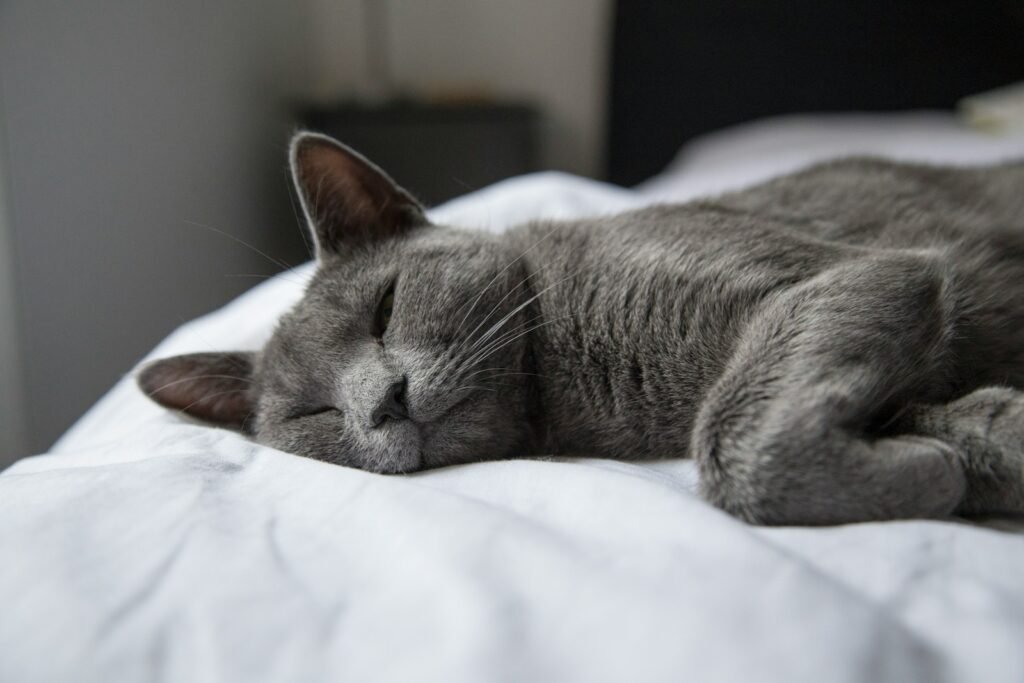
In Russia, the Russian Blue cat is considered a bringer of good fortune and happiness. The belief is that these cats increase the well-being of their families, offering a contrasting perspective to the more prevalent anxieties surrounding black feline counterparts.
Cats on Ships: Good Omens at Sea
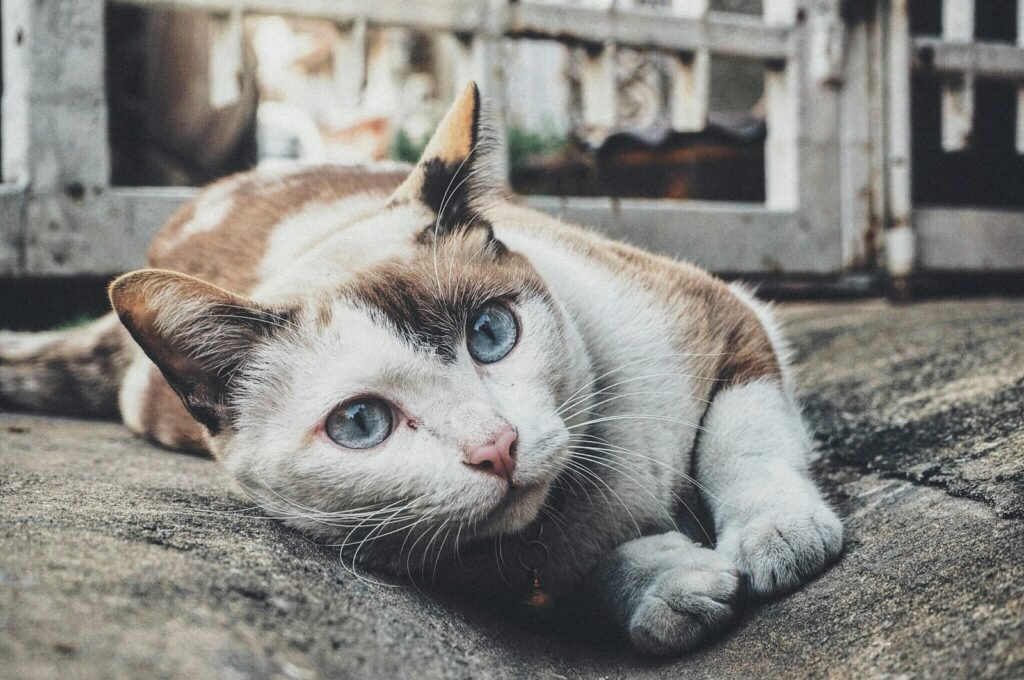
For sailors, having a cat on board was seen as a lucky charm and a valuable companion. Cats were kept to control vermin, protecting food supplies. Their presence also superstitiously signified safety for the voyage ahead, potentially due to their seemingly supernatural ability to predict bad weather.
Funeral Cats in British Folklore
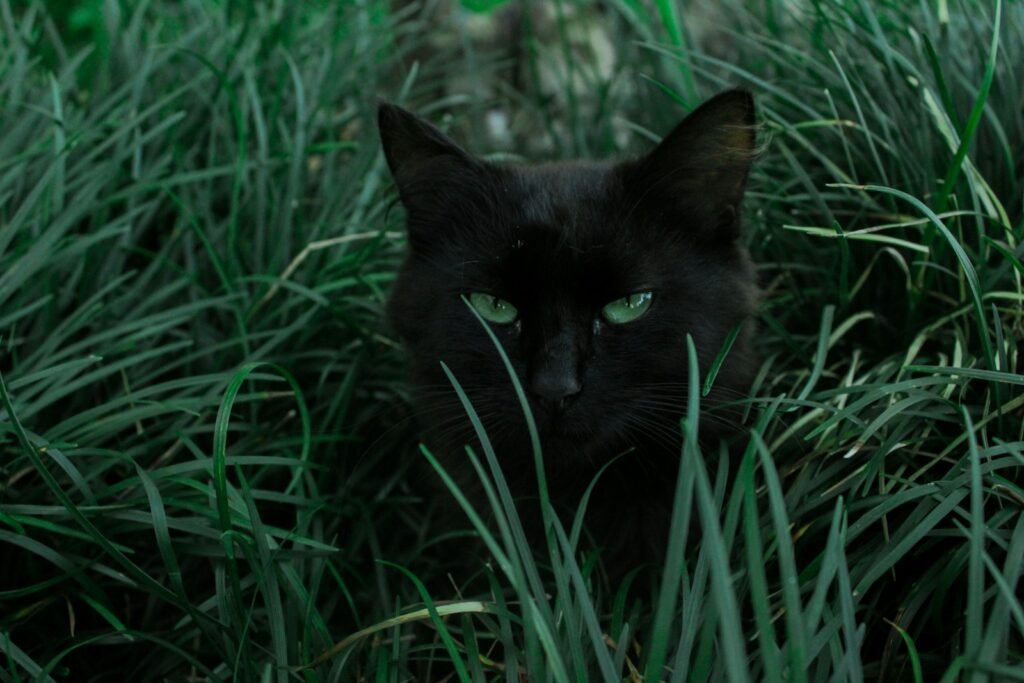
In British folklore, a cat seen near a funeral was believed to be associated with the supernatural. Some traditions held that a cat crossing a corpse meant the deceased’s soul could be possessed by the cat. This belief adds another layer to the complex relationship between cats and human perceptions of death.
Cats as Weather Predictors
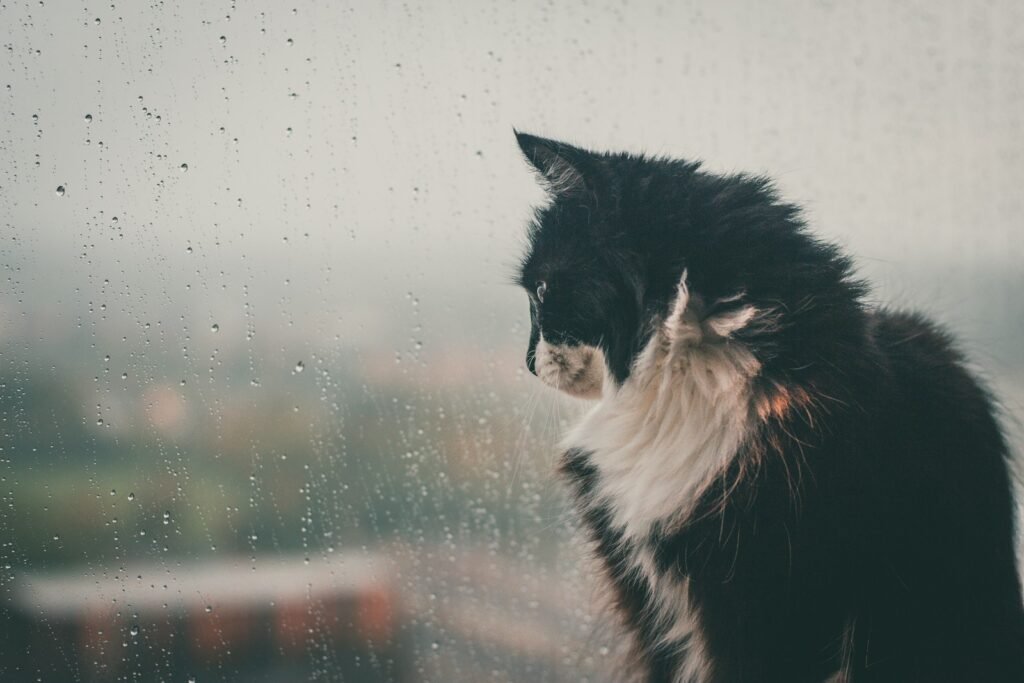
Cats have long been believed to predict weather changes. In certain cultures, it’s thought that a cat washing its face indicates an impending rainstorm. This belief is rooted in the keen observational skills of cats, often mistaken as mystical foresight.
Turkish Love for Cats
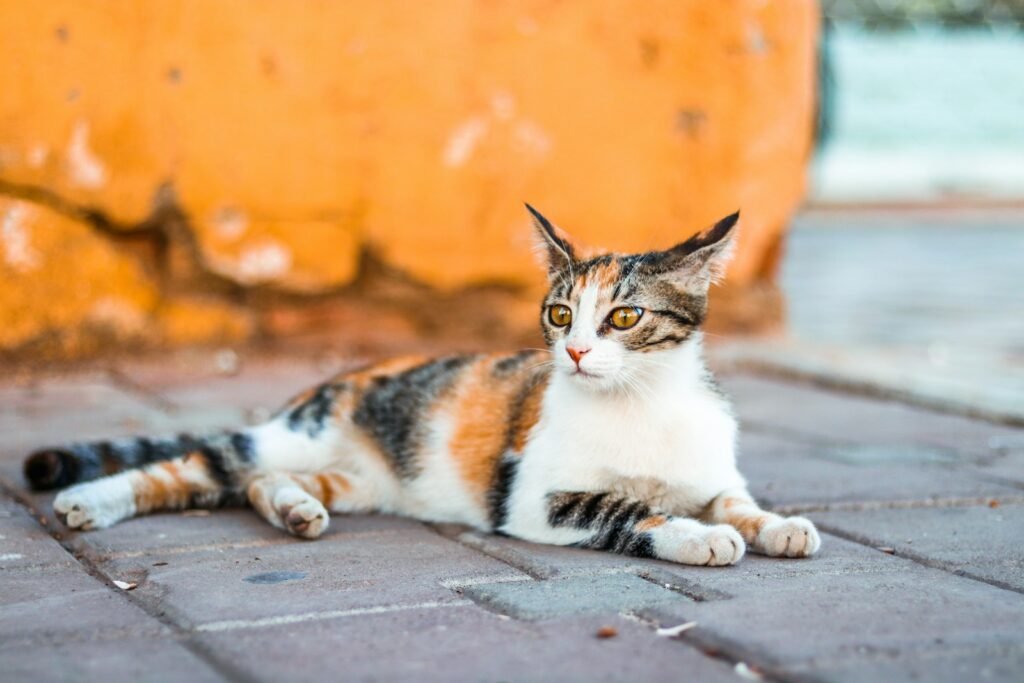
In Turkey, cats, particularly in cities like Istanbul, are highly respected. There’s a cultural superstition that if you harm a cat, you will suffer seven years of misfortune. Turks believe cats are sacred animals, touching on Islamic traditions and the deep interconnection between cats and people.
Conclusion: Cats’ Timeless Mystique
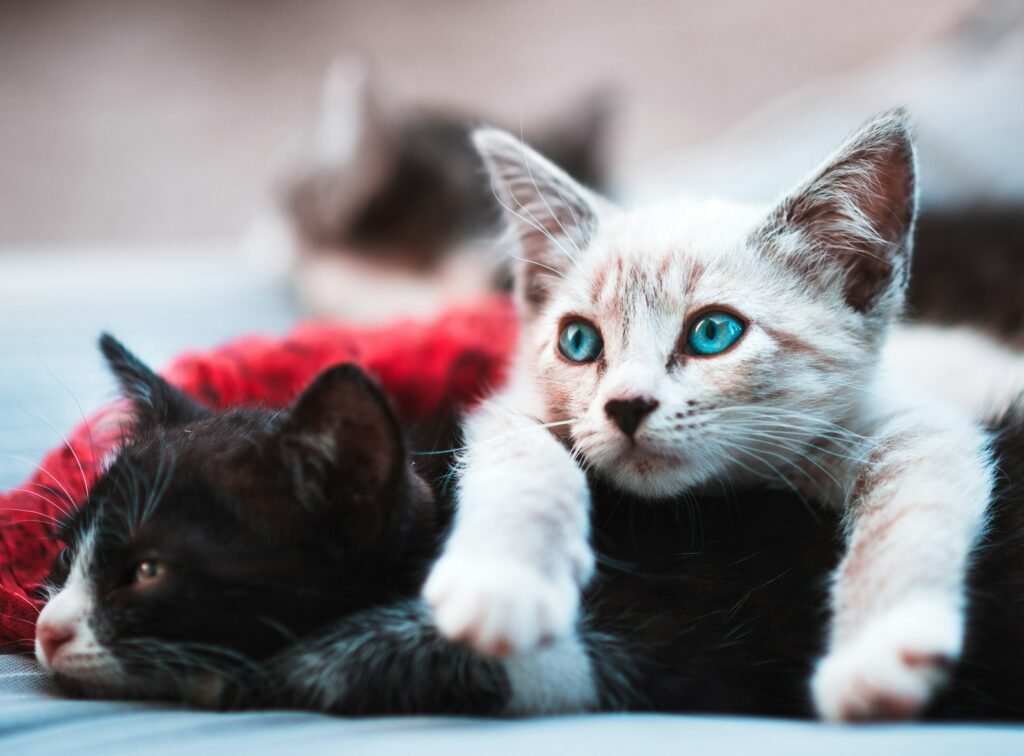
The enduring superstitions surrounding cats highlight their timeless role in human culture. Whether viewed as good or bad omens, cats continue to captivate and intrigue us with their mystique. These beliefs reflect cultural sentiments and demonstrate the unique bond between humans and their feline companions.
Hi, I’m Bola, a passionate writer and creative strategist with a knack for crafting compelling content that educates, inspires, and connects. Over the years, I’ve honed my skills across various writing fields, including content creation, copywriting, online course development, and video scriptwriting.
When I’m not at my desk, you’ll find me exploring new ideas, reading books, or brainstorming creative ways to solve challenges. I believe that words have the power to transform, and I’m here to help you leverage that power for success.
Thanks for stopping by, Keep coming to this website to checkout new articles form me. You’d always love it!






